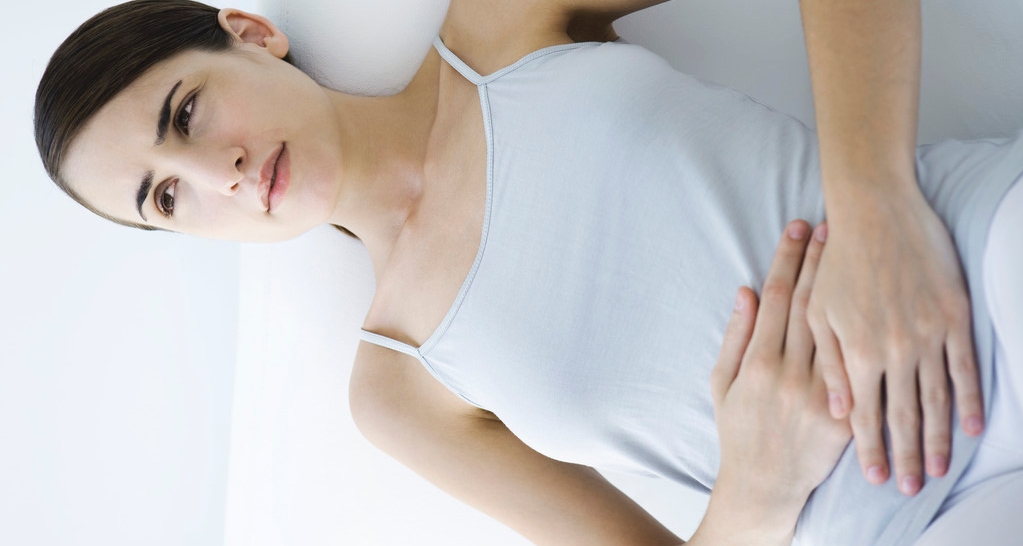Polycystic Ovary Syndrome and Heart Disease - Page 2

Learn about polycystic ovary syndrome to protect health
A study by University of Belgrade scientists, published in the Journal of International Endocrinology, concluded heart disease in women with polycystic ovary syndrome may start early in life. Compared to women without the condition, women as young as 30 who were diagnosed with polycystic ovary syndrome were far more likely to have evidence of cardiovascular disease, whether their BMI indicated they were overweight, the researchers found.
By recognizing the symptoms of polycystic ovarian syndrome, getting treatment, and working on a heart healthy lifestyle — which includes weight control, a nutritious diet, and regular physical activity — you can help lower your risk for heart disease.
What is polycystic ovary syndrome?
Polycystic ovary syndrome is caused by an imbalance of reproductive hormones. All women have small amounts of androgens, often called “male hormones,” in addition to estrogens. In polycystic ovary syndrome, however, an excess of androgens throws the normal balance between androgens and estrogens out of whack.
Normally, a woman’s ovaries produce eggs and, during childbearing years, one egg is released each month as part of a healthy menstrual cycle. But when a woman has polycystic ovary syndrome, the hormone imbalance may keep an egg from developing as it should, or an egg may not be released during ovulation, resulting in infertility for many women with polycystic ovary syndrome.
The hormone imbalance is also associated with other health problems, such as hypertension and unhealthy cholesterol and blood glucose levels, which elevate heart disease risk, according to the U.S. Department of Health and Human Services Office on Women’s Health.
Polycystic ovary syndrome symptoms
In addition to infertility, the National Institutes of Health (NIH) points out women with PCOS often experience several of these polycystic ovary syndrome symptoms:
- Menstrual irregularities, including too frequent or missed periods or no periods at all
- Very heavy menstrual periods
- Hirsutism (excessive hair growth on the face, chest, belly, or upper thighs)
- Weight gain and a high BMI, difficulty losing weight (especially around the waist), and obesity
- Pelvic pain
- Oily skin
- Severe, late-onset, or persistent acne that is difficult to treat
- Acanthosis nigricans, a skin condition characterized by patches of thick, dark, and velvety skin
Updated:
February 27, 2020
Reviewed By:
Christopher Nystuen, MD, MBA